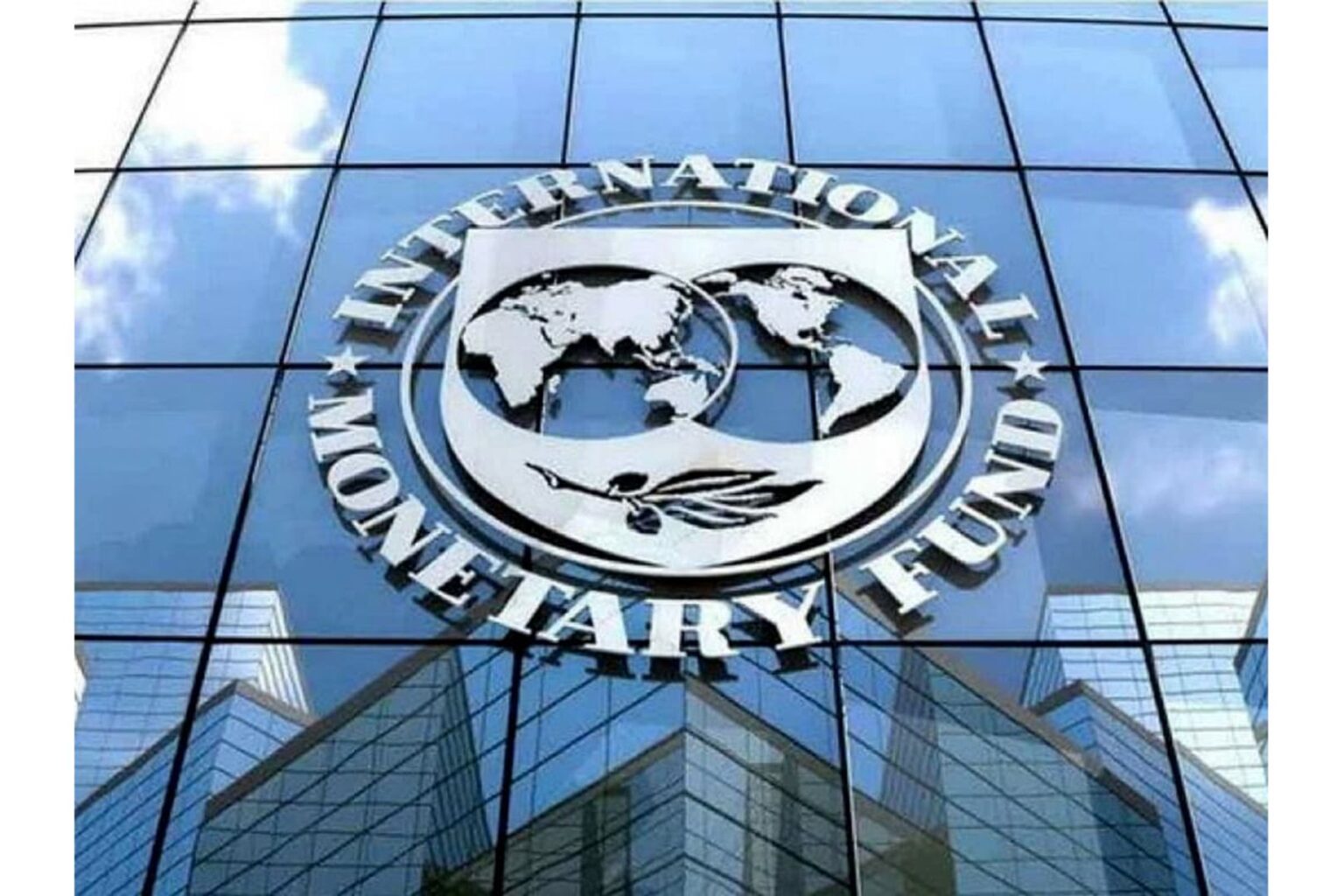- Cameroon is highly vulnerable to climate change, with risks from recurrent droughts, floods, landslides, and coastal erosion.
- The funding will play an important role to support the country’s efforts to adapt to and mitigate the impact of climate change and replace more expensive financing.
- The reform measures under the RSF are also expected to reinforce the growing engagement of development partners and other stakeholders
The International Monetary Fund (IMF) has approved an 18-month arrangement worth $183.4 million for Cameroon under the fund’s Resilience and Sustainability Facility.
The allocation is equivalent to 50 per cent of quota, with disbursements to start when the first review of the arrangement is completed.
IMF highlights Cameroon as highly vulnerable to climate change, with risks from recurrent droughts, floods, landslides, and coastal erosion.
It however says the funding will play an important role to support the country’s efforts to adapt to and mitigate the impact of climate change and replace more expensive financing.
“It will help address climate vulnerabilities by supporting the authorities’ efforts to strengthen the country’s institutional framework for governance and policy coordination related to climate change, mainstream the climate agenda into public financial management, enhance national adaptation policies, and step up mitigation efforts.” the lender says.
Read also: Why Africa wants development banks to handle IMF’s support fund
Climate-resilient development
“The reform measures under the RSF are also expected to reinforce the growing engagement of development partners and other stakeholders in climate-resilient development and catalyze additional climate finance.”
The RSF arrangement coincides with the remaining 18 months under the Extended Credit Facility (ECF) and Extended Fund Facility (EFF) arrangements approved in July 2021 and extended in December 2023.
The move was meant to support the country’s economic and financial reform program.
Cameroon grappling with climate change effects
At the conclusion of the Executive Board’s discussion, Mr. Kenji Okamura, Deputy Managing Director and Acting Chair, noted that Cameroon is a fragile and conflict-affected state facing substantial risks from climate change, including an imminent threat to livelihoods and potentially significant output losses.
“These could worsen food insecurity and conflicts and exacerbate poverty, inequality, and population displacements. The country’s regional diversity exposes it to a variety of climate-related events, including droughts, floods, and coastal erosion. If not appropriately addressed, climate change could delay human capital accumulation and jeopardize development and inclusive growth,” Okamura said.
He added that addressing the impact of climate change is an important priority in the country’s national development strategy.
“Cameroon is signatory of the COP21 and other key international conventions on climate change and is committed to a sustainable management of natural resources and adaptation and mitigation policies.”
Read also: World Bank elevating smart agriculture in Cameroon
Resilience and Sustainability Facility
The identified reforms under the Resilience and Sustainability Facility (RSF) arrangement is meant to build on the authorities’ national strategies and plans and on the diagnostics on climate change.
The RSF reform package seeks to address key climate-related policy challenges, including creating an enabling environment for policy implementation, with appropriate institutional and public financial management frameworks; strengthening the national disaster risk management framework to step up adaptation efforts; and leveraging fiscal management in forestry as a climate mitigation policy.
It now says a resolute implementation of reforms under the RSF arrangement will help improve the country’s medium-term climate policy stance, replace more expensive financing, and augment buffers against climate shocks and related prospective balance-of-payment needs.
The arrangement, according to the lender, should also help catalyze other climate financing as capacity development efforts and close coordination among government entities and development partners will be important.
Sustainability funding gap
The funding approval comes at at a time cities have been noted to be receiving only a fraction of the climate finance they need, especially in low-income countries.
According to a study published on the sidelines of the COP28 climate talks, The Cities Climate Finance Leadership Alliance (CCFLA) said cities are on the front line of climate hazards and responsible for three quarters of global emissions, but multilateral development banks (MDB) needed to adopt new strategies to address a gaping financing gap.
It says cities were receiving only 1% of the climate finance they required, which is estimated to be as high as $5.4 trillion per year up to 2030.
“The proportion of MDB financing dedicated to urban-related climate projects stood at $62 billion from 2015 to 2022, or 21 per cent of the total, despite rapid rates of urbanisation across the globe,” the study says.
Read also: Global and African partners pledge $175m to Alliance for Green Infrastructure in Africa
